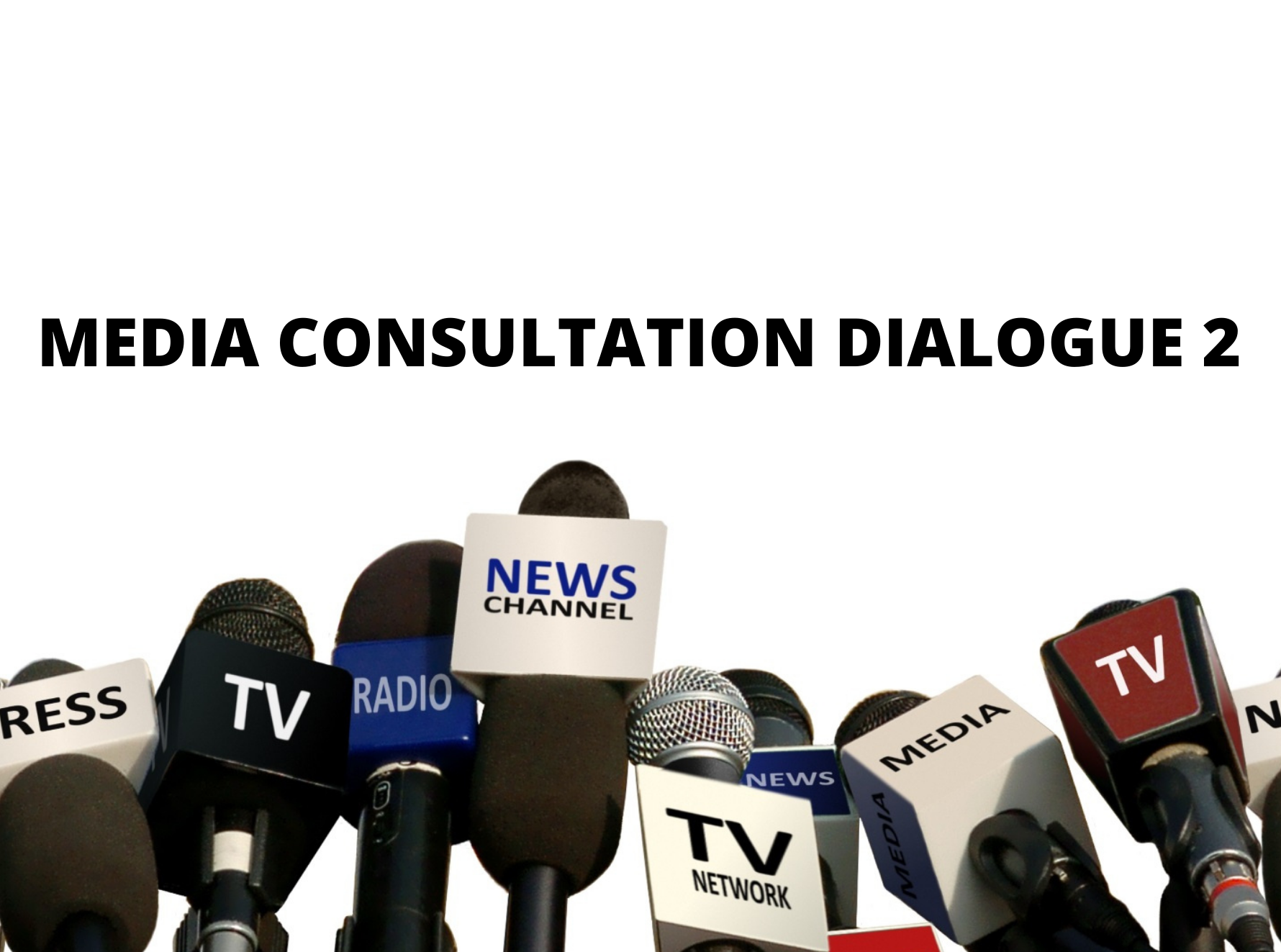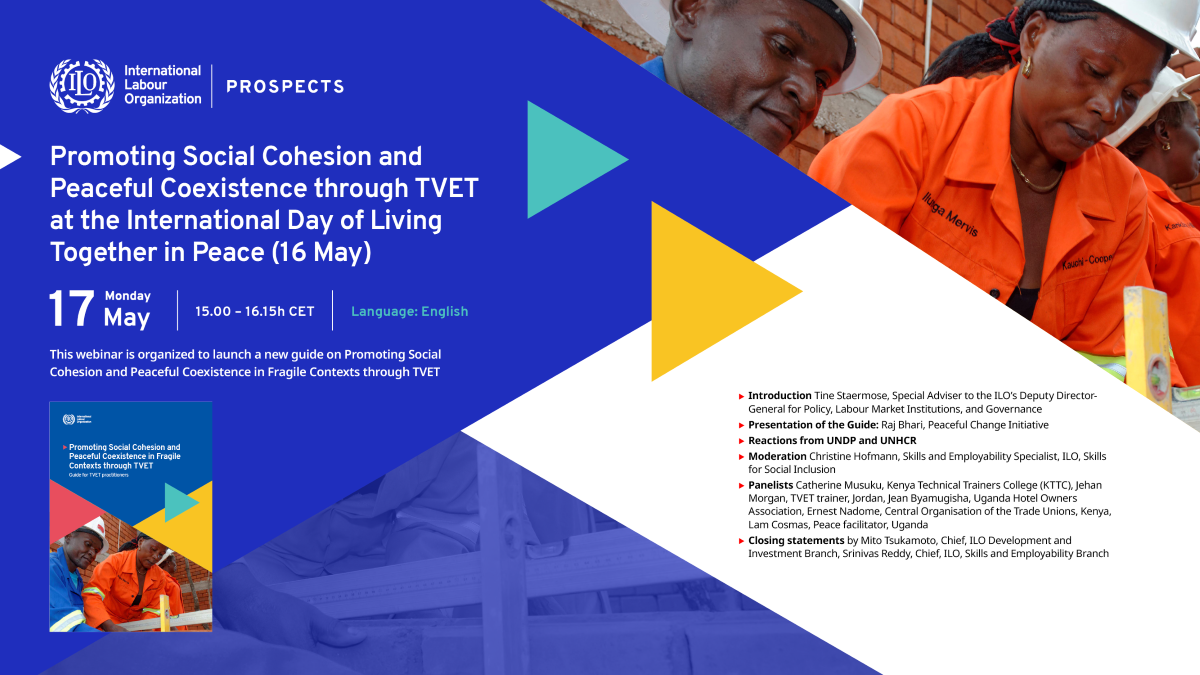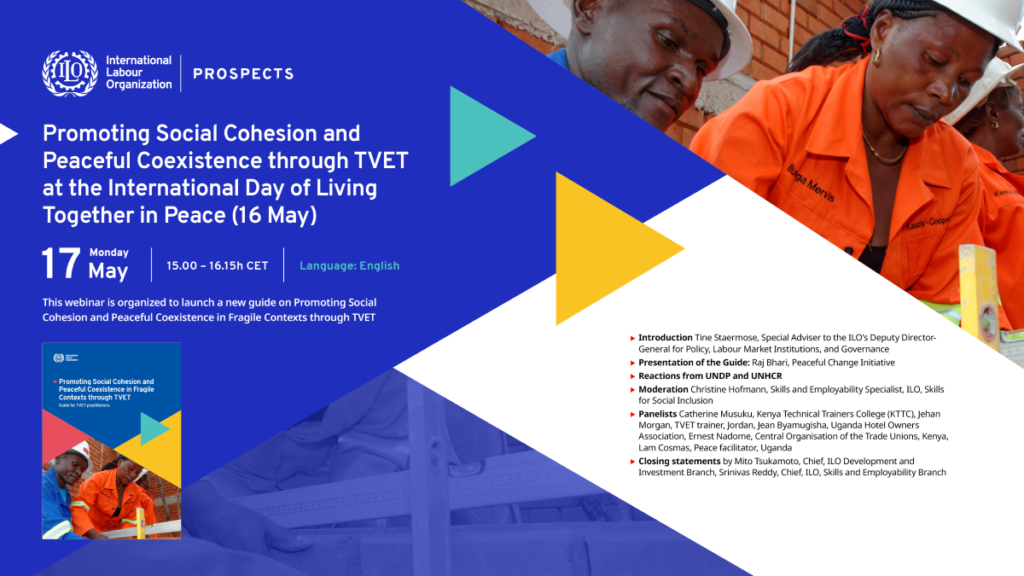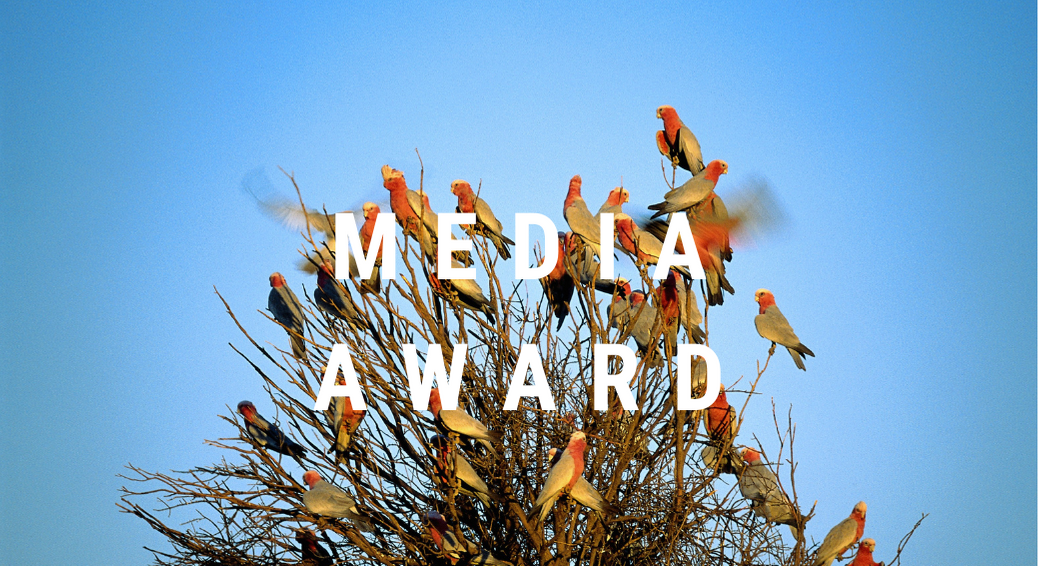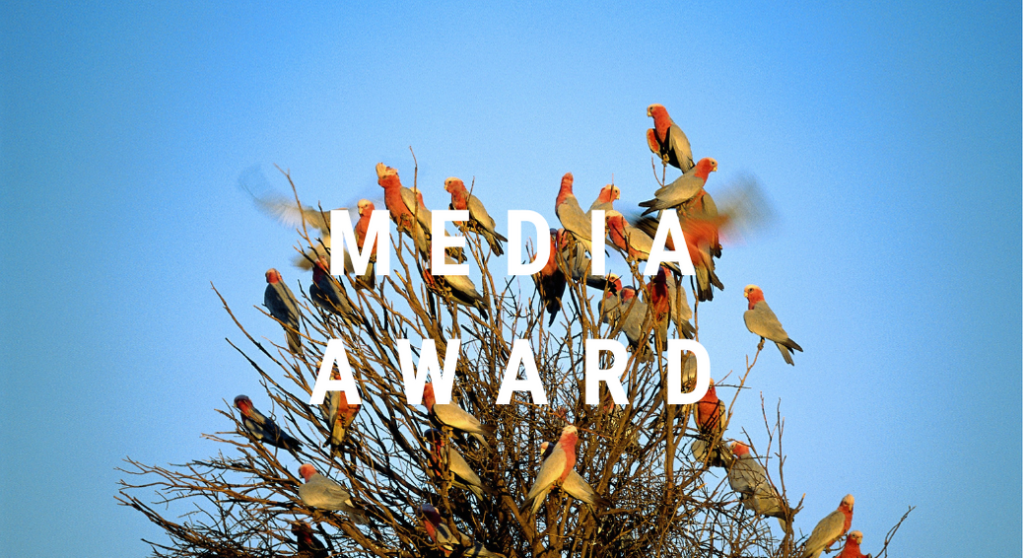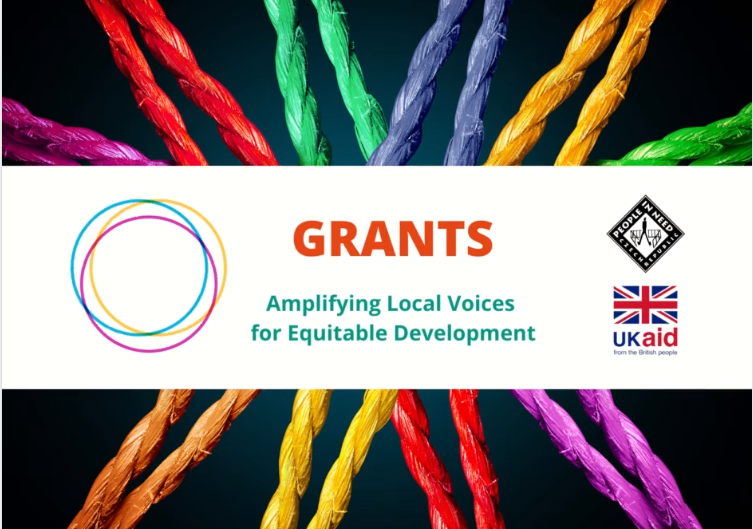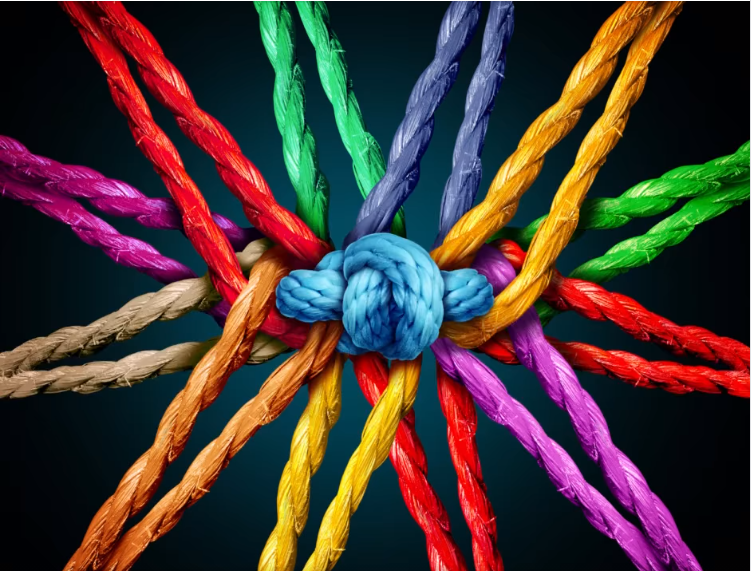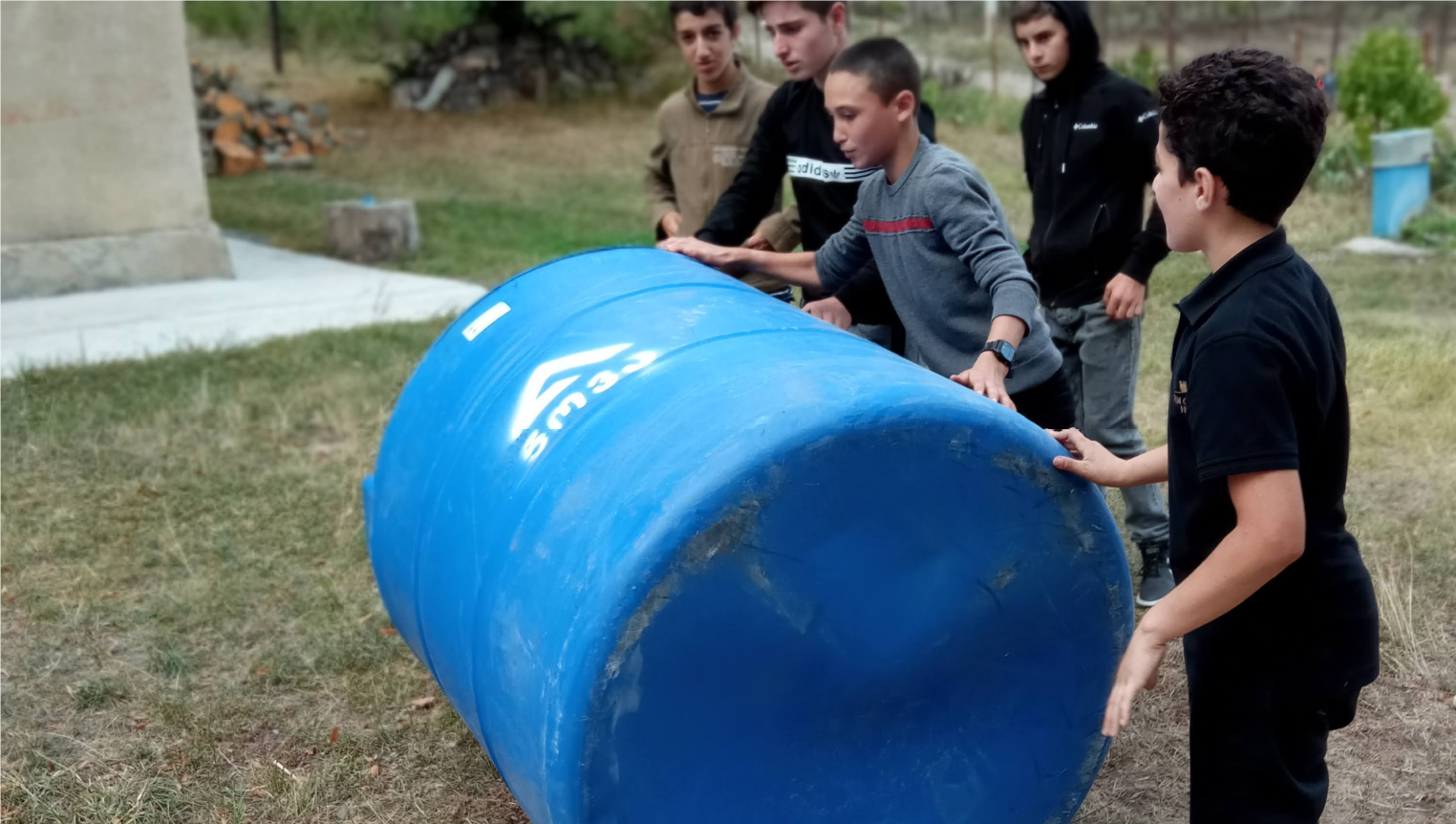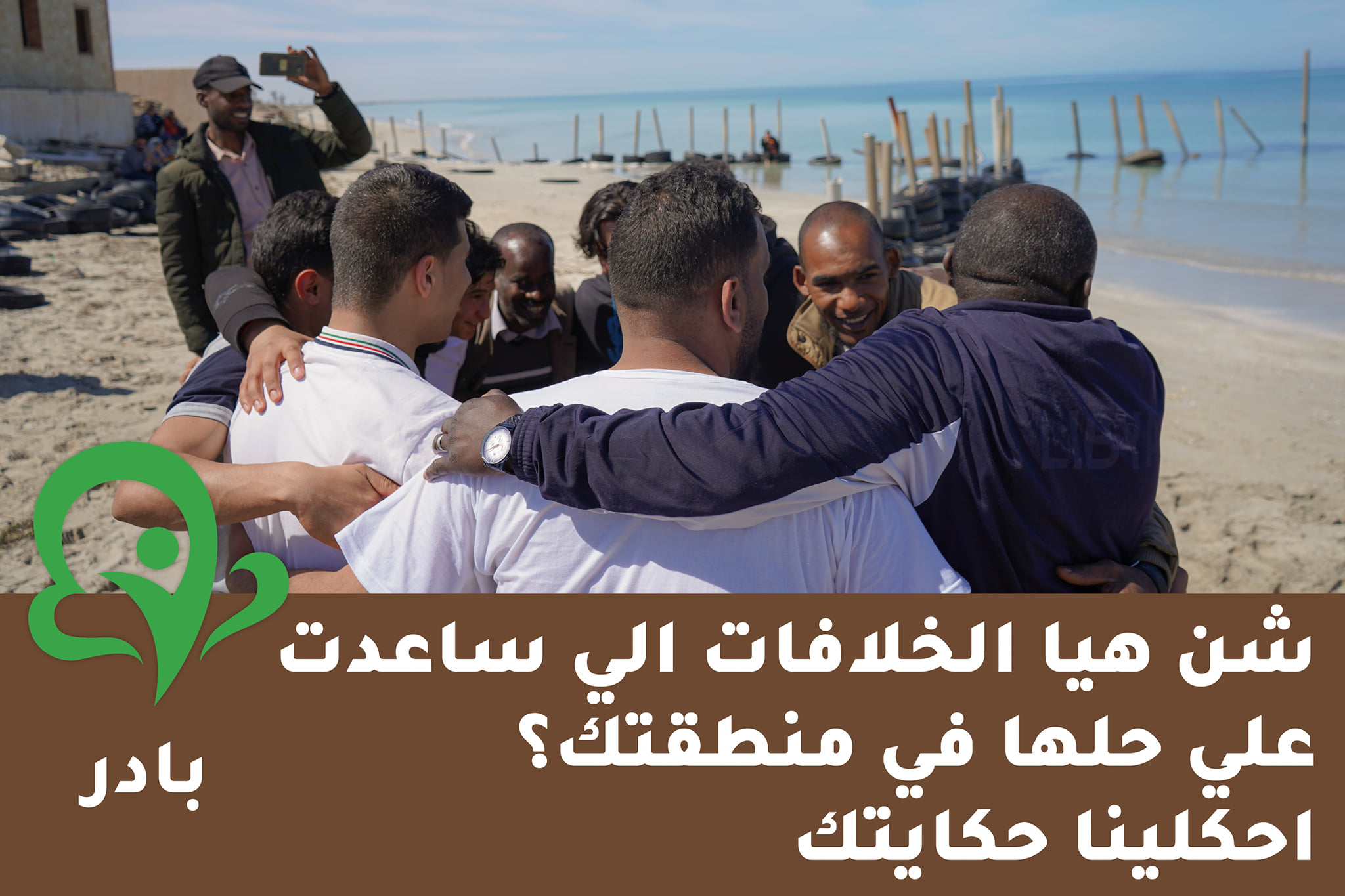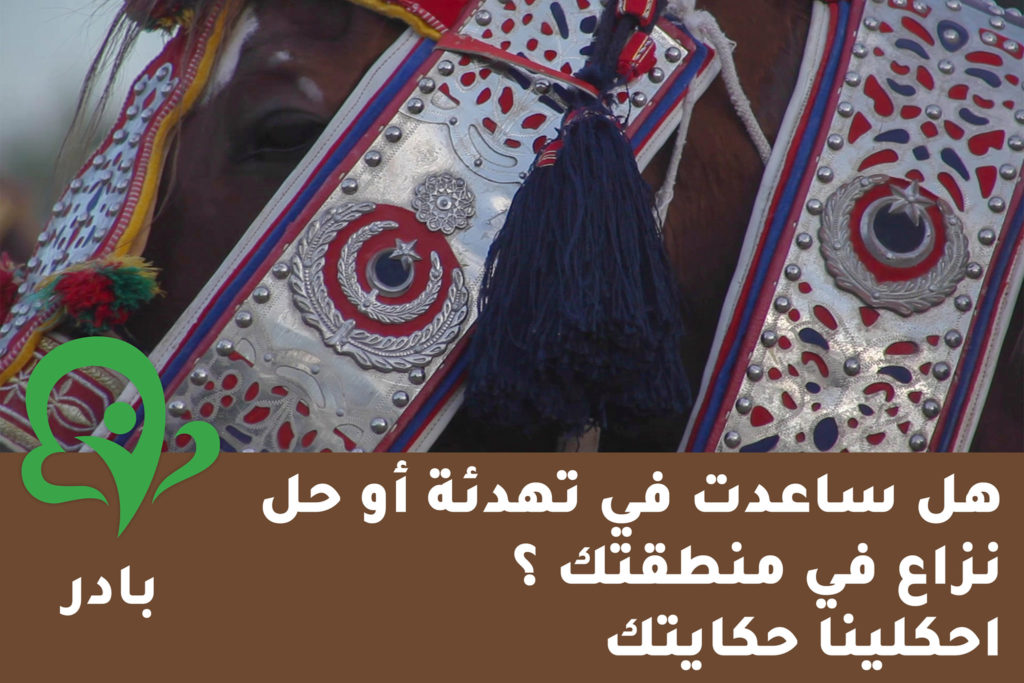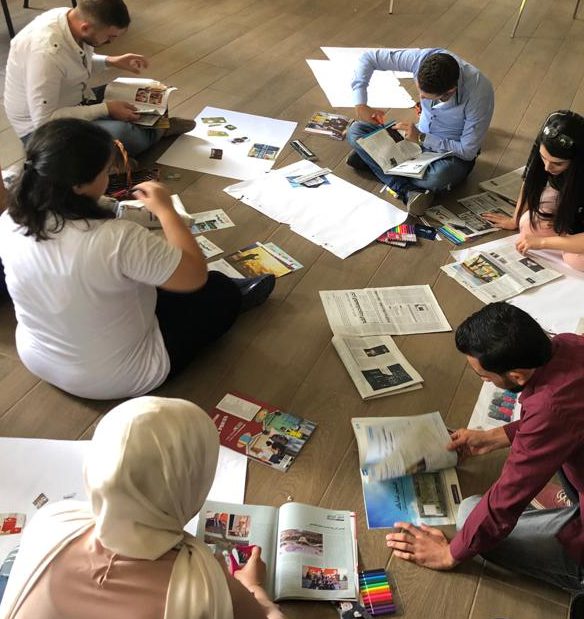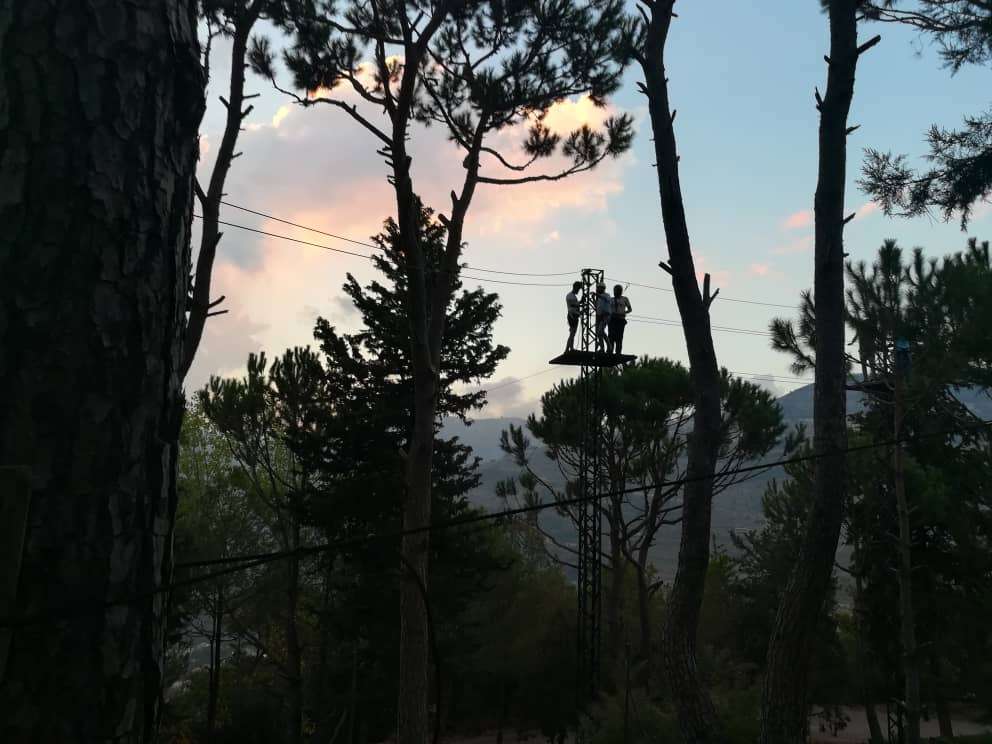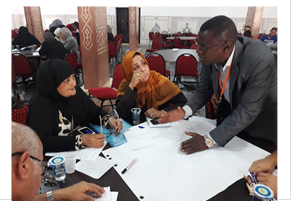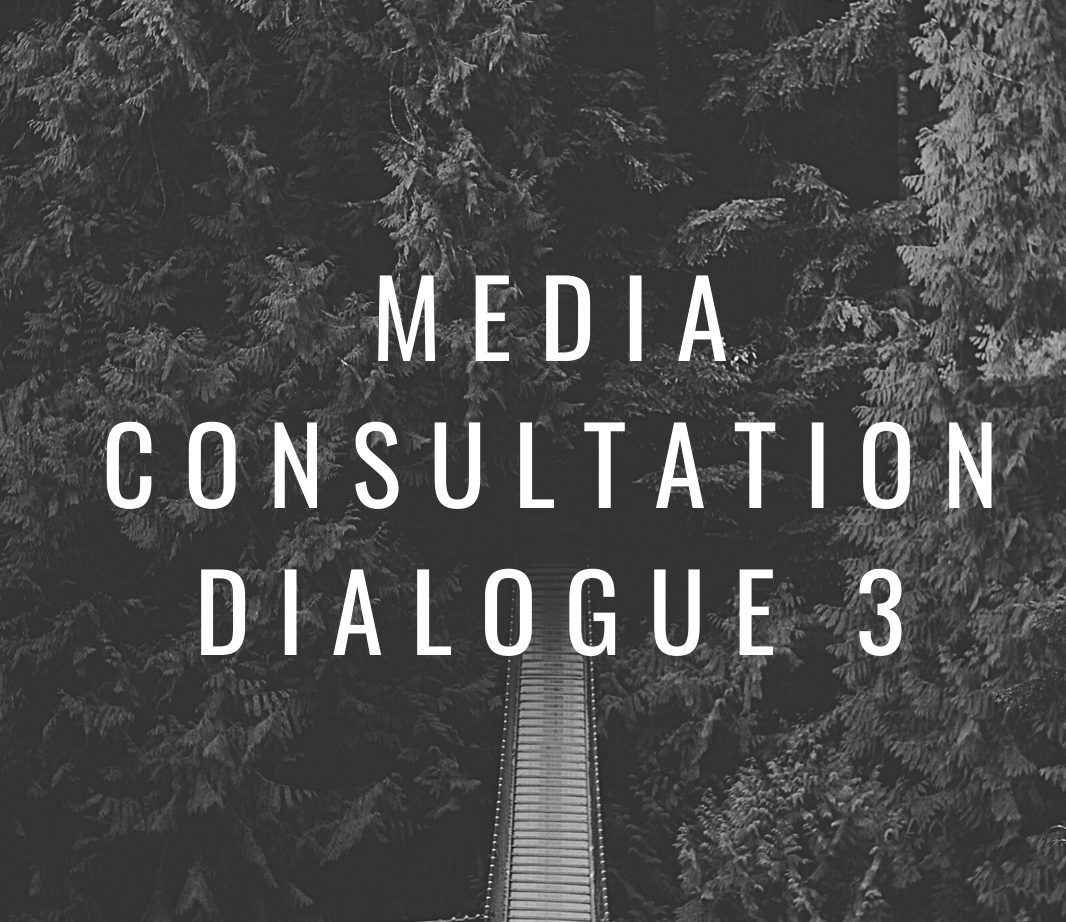
PCi’s Amplifying Local Voices for Equitable Development (ALVED) project has been gathering media experts, journalists, editors, civil society and institutions from Kosovo and Serbia in what will eventually be a cycle of eight Media Consultation Dialogues (MCD). Their goal is to bring together media related experts from Kosovo and Serbia who would not normally have a chance to meet and discuss their respective media scenes. The overarching goal is to try and galvanize change in a rather toxic media pool of division and hate speech. The project is funded by the UK Government’s Conflict, Stability and Security Fund (CSSF).
Having tackled a PCi commissioned comprehensive study of the media scenes in Kosovo and Serbia during the first MCD, the second one looked into the media regulatory bodies. The third Media Consultation Dialogue was held online on March 3 2021, and titled “Unpleasant Truths and Unfounded Beliefs”. The discussion focused on a universally acknowledged belief by all participants that empathy for “the other” is very conspicuous by its absence. Three questions were discussed in detail:
- Why is it so difficult to see the suffering of “the other”?
- What could the Media and the Civil Society do to facilitate reconciling with the past, including reporting on unpleasant truths?
- How could the Media (and possibly the Civil Society) change the current state of affairs?
Just like after every other Media Consultation Dialogue, together with its participants, PCi will draft a set of conclusions and recommendations to be shared with media outlets, civil society and state and international institutions. To access the document entailing the Conclusions and Recommendations click here in English, Albanian and Serbian.

